At a time when lawyers and law firms in Texas are making record amounts of money, the number of Texans who need legal assistance but cannot afford an attorney is at an all-time high. The unmet need is increasing so significantly that it is having a negative impact on the state’s economy, according to leaders of the legal profession in Texas.
New data gathered by The Texas Lawbook shows that most large corporate law firms in Texas that have reaped huge financial benefits from the state’s economic gusher have not increased the amount of pro bono legal work they are doing on behalf of the poor and disadvantaged. Many law firms, in fact, are doing less pro bono work than they were just a few years ago.
The shortage of legal aid for low-income Texans has become so acute, according to officials, that the 103,000 lawyers licensed to practice in Texas may not be equipped to handle the growing demand for basic legal services for military veterans, abused spouses and children, families needing help with adoptions and victims of housing discrimination and disaster relief fraud.
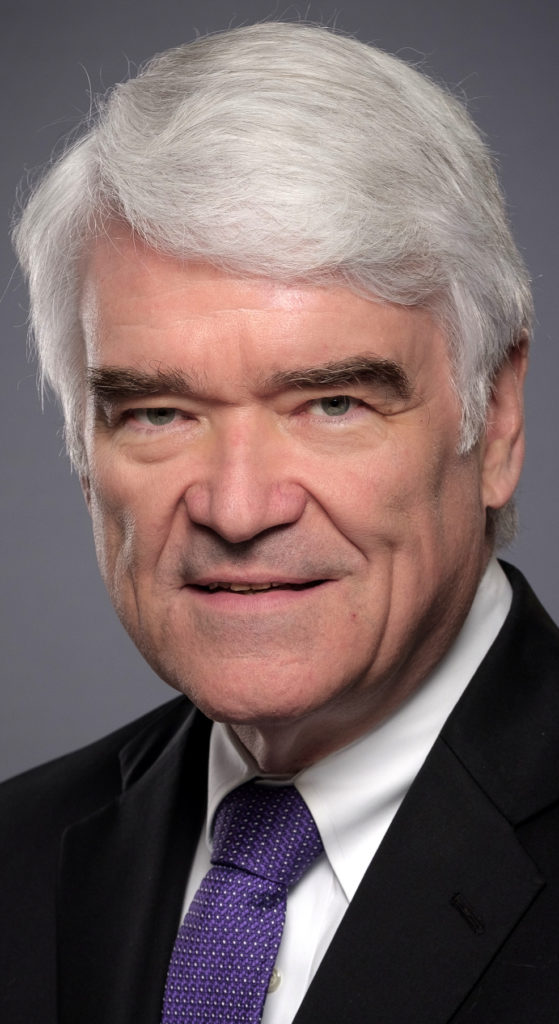
Texas Supreme Court Chief Justice Nathan Hecht and more than two dozen corporate general counsel from some of the most prominent companies operating in Texas agree that the situation is nearing a crisis point and must be addressed systemically.
Many senior legal industry leaders say that the business community could be the single most critical component in finding a solution to these unmet civil justice needs.
Led by their corporate legal departments, businesses such as AT&T, CenterPoint Energy, Exxon Mobil, Shell Oil and Total USA are aggressively ramping up their pro bono efforts by becoming more strategic in the projects they tackle, by pressuring the law firms they hire to do more and by helping legal aid organizations raise funds to hire more lawyers.
“It is really dire,” Chief Justice Hecht, widely regarded as one of the most conservative and pro-business judges in the U.S., told The Texas Lawbook in an interview. “We have lots and lots of people in our society who are unproductive because they have unmet legal needs.”
“Yes, the situation is dire and it is now physically impossible for the legal profession to meet the need,” he said.
Recent studies show that 5.6 million low-income Texans qualify for free legal assistance, which is second highest in the U.S., but that only 10% of them are getting the legal help they need.
Despite significant recent funding increases by the Texas Legislature, the state ranks 47th in the U.S. for providing access to legal services for the poor and middle class.
“Yes, the situation is dire and it is now physically impossible for the legal profession to meet the need.”
— Chief Justice Nathan Hecht
The chief justice said that between 20% and 30% of all Texans who seek help from legal aid offices in Texas are turned away due to staff shortages.
While the federal and Texas constitutions require the state to provide lawyers for most criminal defendants, there is no such guarantee for low-income individuals facing civil legal issues or disputes. For decades, those legal needs were satisfied by members of state and local bar associations and by legal aid organizations that were funded by interest earned on trust accounts in which lawyers held clients’ money (known in the legal and banking professions as IOLTA or interest on lawyer trust accounts).
But the legal world changed dramatically over the past decade. The number of low-income people needing legal assistance skyrocketed just as the price lawyers charged ballooned. Bank interest rates plummeted, which resulted in a significant reduction in legal aid funding. And law firms – especially larger corporate law firms – became more concerned with profits per partner and running like a business, which resulted in pressure on lawyers to do more billable work and less pro bono.
While some corporate law firms with offices in Dallas and Houston have robust pro bono programs, Texas Lawbook data show that the amount of free legal work being done by the large business law firms in Texas has remained flat or has even declined during the past few years.
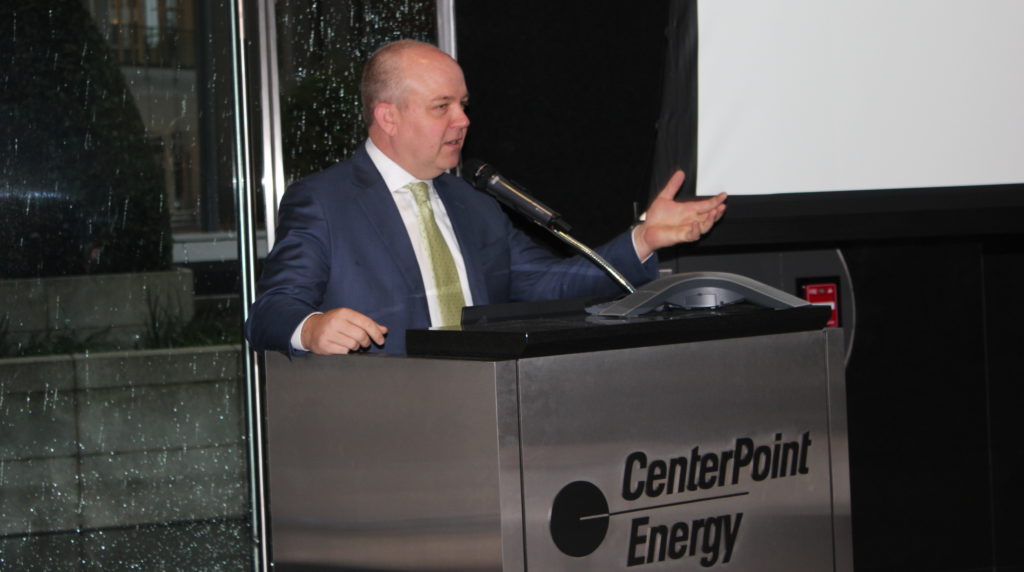
“We as lawyers don’t only have jobs, we are part of a profession and with that comes obligations.”
— CenterPoint Energy GC Jason Ryan
The Texas Lawbook reported earlier this year that the 50 largest corporate law firms operating in the state generated nearly $6 billion in revenues in 2018, and nearly two-thirds of those 50 firms reported that their lawyers made more money last year than ever before.
Only six of the 50 law firms, however, reported that their lawyers did more pro bono legal work in 2018 than they did the year before. And only eight of the 50, according to The Texas Lawbook survey, stated that their Texas lawyers averaged 40 or more pro bono hours for the whole year.
The first step, according to legal industry leaders in Texas, starts with a renewed commitment by lawyers – especially those working at larger corporate law firms – to do more to address the problem.
“We as lawyers don’t only have jobs, we are part of a profession and with that comes obligations,” CenterPoint Energy General Counsel Jason Ryan said. “We need to provide access to justice to those who cannot afford it.
“Part of making a community thrive is making sure that everyone has access to justice, especially those who cannot afford it,” Ryan said.
“Unless there is general public interest and help, I’m afraid we will not make much progress.”
— Harry Reasoner, Vinson & Elkins
Ryan is one of dozens of corporate general counsel in Texas who are using their positions as clients to push the law firms that work for them – or want to work for them – to do more pro bono.
Travis Torrence, who leads Shell Oil Co.’s Global Litigation Bankruptcy and Credit Team, said that lawyers at Texas companies are “uniquely positioned to inspire more altruistic and collaborative behaviors” from lawyers at law firms who seek their business.
“I love engaging and getting to know attorneys who share my belief in the importance of giving back to the community and my company’s values,” said Torrence, who chairs the Houston Bar Foundation’s board of directors. “In addition, it’s great to work with attorneys in private practice on issues that do not affect our business.
“I’d encourage corporate law departments to partner with firms with which they already do business and other ones to changes lives in their respective communities,” he said.
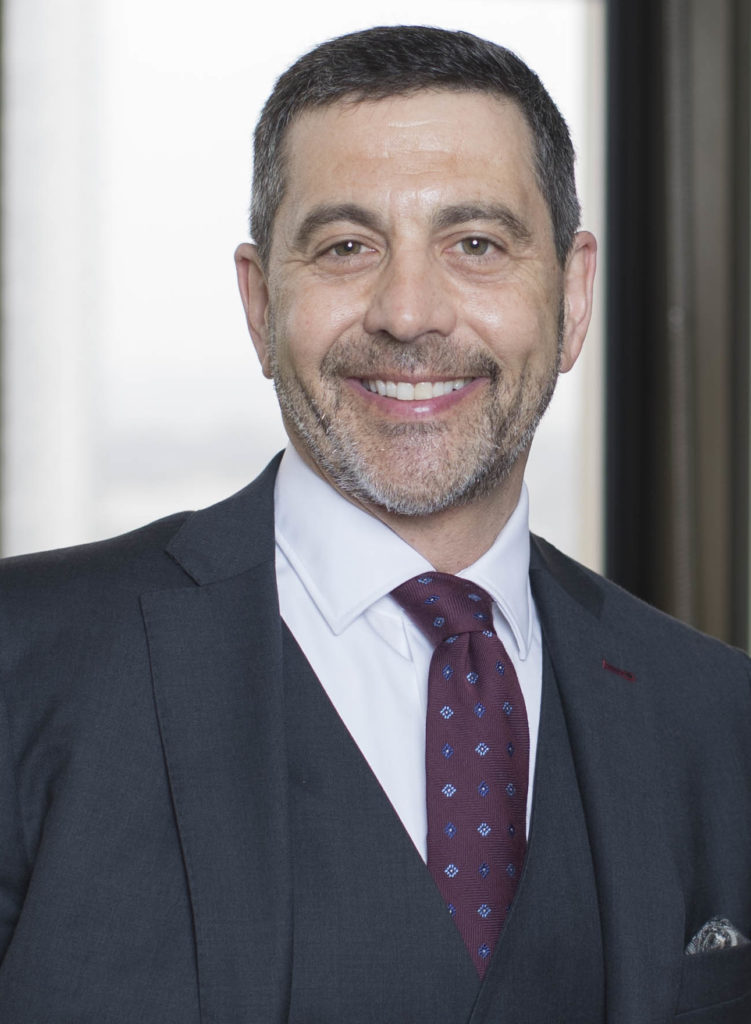
Richard Rosenberg, the general counsel of Houston-based US Zinc, said he doesn’t hesitate to call law firms when he sees that pro bono legal services are needed and he lets law firms know that their commitment to pro bono can be a factor in his decision about which lawyers to hire.
“I have found that law firms are eager to help … because it positively reflects on the firm in the community … and law firms are able to interact with a nonprofit’s board members, many of whom are executives/decision makers with potential clients,” said Rosenberg, who was awarded the 2019 Houston Corporate Counsel Award for Pro Bono and Public Service.
“All things being equal, when evaluating outside counsel, a firm’s reputation for helping out in the community is a great tiebreaker,” he said.
More and more companies are appointing one of their senior in-house lawyers to organize and lead their pro bono efforts.
At Houston-based Total USA, that job falls to managing counsel Kevin Clark, who works with legal aid programs to identify pro bono projects for the global energy giant’s 28 American lawyers to handle.
Successful pro bono programs at corporate legal departments employ two techniques, according to Clark and others: They identify the interests of the lawyers and match them with public service opportunities, and they use their position as clients to pressure the law firms they hire to get more involved.
“We organize legal clinics in Houston, help people write demand letters or engagement letters and licensing agreements – legal work that our lawyers know how to do and that help people who couldn’t otherwise afford a business lawyer,” said Clark, who also has handled a juvenile asylum case.
“A law firm’s commitment to pro bono is definitely something I take into account,” he said. “I will not hire you as a law firm if I don’t know that you share our culture and commitment to pro bono.”
Leaders in the Texas legal community have realized that corporate general counsel can significantly help legal aid groups raise money, lobby state officials for budget increases and pressure law firms they hire to do more pro bono work.
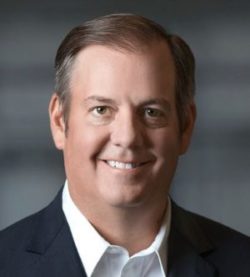
AT&T General Counsel David McAtee and Exxon Mobil General Counsel Randall Ebner have made pro bono service a priority mission for their global corporate legal departments. Both are actively involved in fundraising efforts for the Texas Access to Justice Commission, which is a primary financial resource for legal aid groups across the state.
In Houston, high-ranking lawyers at Shell Oil and Exxon Mobil – two highly competitive energy companies – are working together to increase resources and expand the efforts of the Houston Volunteer Lawyers association. In Dallas, bar association officials have engaged general counsel at companies such as Vistra Energy and Trinity Industries to twist arms in efforts to increase funding.
“Companies such as AT&T and Exxon are in a position to raise the awareness of the need to provide more legal services to those who cannot afford it,” McAtee told The Texas Lawbook in an interview earlier this year. “Lawyers need to step up our efforts. We will be a better community, a better state, if everyone has equal access to justice.”
Chief Justice Hecht and other prominent legal industry leaders say that lawyers do need to pick up their efforts, but that lawyers do not have the capacity to handle the entire problem.
“Frankly, lawyers shouldn’t have to do it all,” the chief justice said. “We don’t expect grocery stores to feed the hungry for free or have homebuilders house the homeless for free.”
Longtime advocates of legal services for the poor agree.
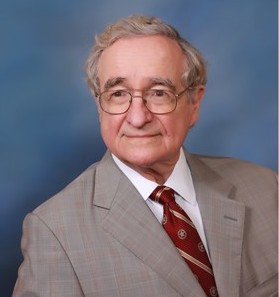
“It is far too much of a task for the bar to handle on its own,” said Vinson & Elkins partner Harry Reasoner, who is the chair of the Texas Access to Justice Commission. “Unless there is general public interest and help, I’m afraid we will not make much progress.”
Reasoner points to a $50,000 donation made last month by San Antonio-based grocer H-E-B and its CEO, Charles Butt, to the Houston Volunteer Lawyers association to help represent more military veterans who need legal assistance.
“The need for legal help among our veterans is great and only continues to grow,” Reasoner said. “Only with the participation of corporations and philanthropists such as H-E-B and Charles Butt is there a hope of providing the ‘justice for all’ that we aspire to as a nation in our Pledge of Allegiance.”
